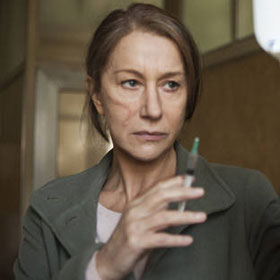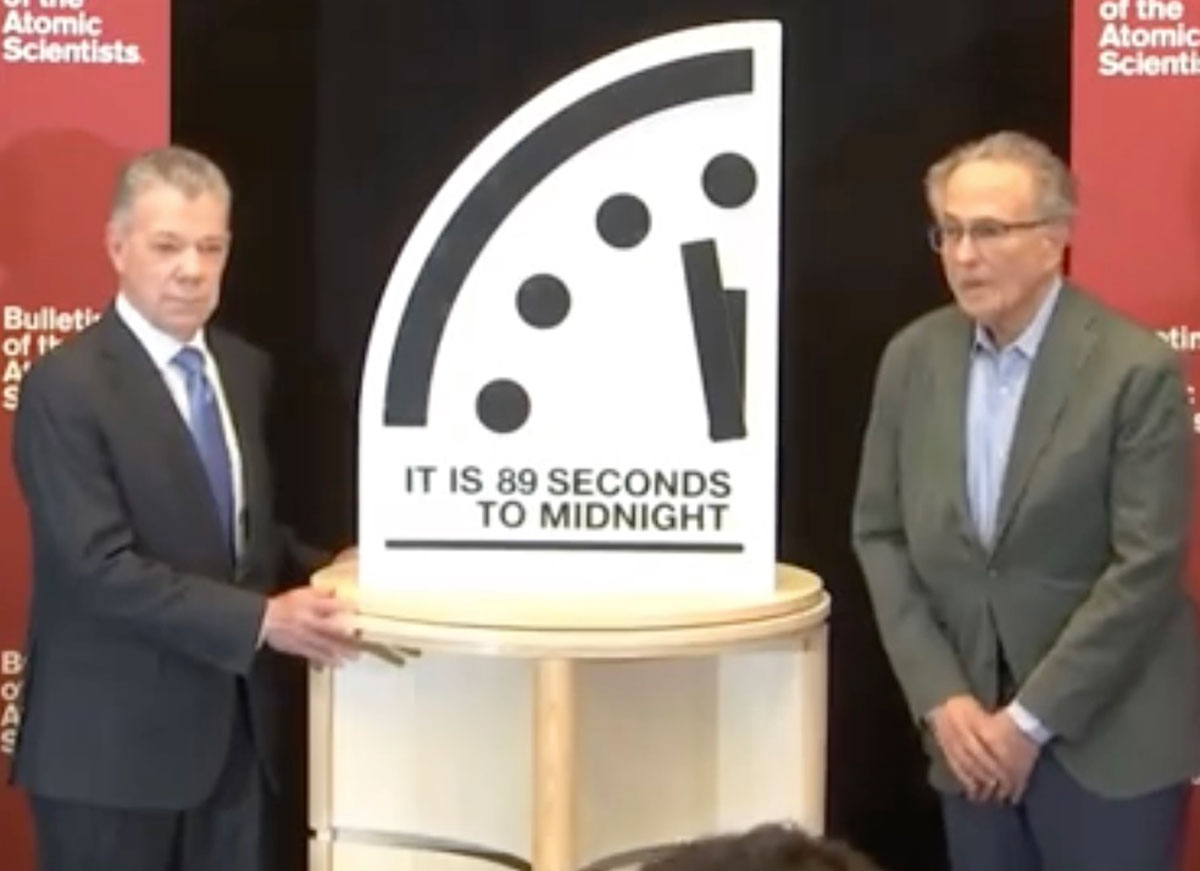The Debt

4/5
Actors are a lot like spies, particularly in the sense that they are professionals paid to maintain a certain illusion. And famous spies, like famous actors, occupy a stratum in post-war mythology wherein impossible odds are achieved through technological innovation, yes, but more importantly through bravery, dedication and talent — mere human virtues. Putting aside for the moment numberless examples of celebrity actors behaving like spies (the master bedroom of Ashton Kutcher's $2 million Two and a Half Men trailer is accessible via thumbprint scanner, to name one), it's critical to remind ourselves that the culture surrounding the worship of these individuals — whom we force into hiding (think incognito sunglasses) as much as we prod into revelation (interviews, blogs, etc.), and whom we all but beg to play Spiderman, Catwoman and James Bond — also revels in their misfortune and failure. Anyone who makes a career out of deception, even in the service of noble ends, has a right to a dramatic plunge; and we, we think, have a right to witness it.
Both structurally and thematically, The Debt is all about this push-and-tug between illusion and reality, as well as the conscience-testing gray area between aversion to and complicity in group-sanctioned cruelty. Opening scenes starring a scar-faced, chain smoking Helen Mirren and a wheelchair-bound Tom Wilkinson, plus flashbacks flaunting Jessica Chastain's radiant beauty and X-Men: First Class-y wardrobe, create question marks that are satisfyingly erased by a prolonged middle of riveting context. What's less riveting about this film is the moralized finger-trap it chooses for backdrop, setting and last-act conflict: our spies are citizens of the new nation of Israel and they're attempting to bring a former Nazi sadist known as "the surgeon of Birkenau" to justice. There is perhaps a way to maneuver elegantly through the complexities of Zionist politics and history in a fictional film, but unfortunately — like the well-intentioned spies it portrays —The Debt muddles it up.
But so what? You can't have a good spy tale without the Cold War, and not all spies, lest you forget, were British. Besides, there is a multiplicity of well-executed story lines in The Debt that gives it an almost epic quality. Director John Madden has a knack for this; his Shakespeare In Love wove itself out of multi-layered storytelling and brilliant acting in a similar, if more successful, way. Chastain, who did incredible work this year in Terrence Malick's lovably bizarre Tree of Life, has more Oscar potential than pre-1998 Gwyneth Paltrow did. Marton Csokas, hardly recognizable as the man who played Galadriel's elfin companion in The Lord of the Rings trilogy, fulfills perfectly our fantasies as to what a young Tom Wilkinson might have been like had he been a secret agent. While Sam Worthington (Avatar) is supposed to have our sympathies, Csokas steals them simply by drinking Bourbon in a black turtleneck.
And when The Debt, chugging desperately onward to an elusive good ending, seems to go off the rails, Mirren, that reliable vixen, steers us back on track. Chastain had better hope she inherits, in addition to Mirren's age-defying sexiness, her instincts as to when to be playful and when to be melancholic. Watching Mirren pick locks and perform various other spy tropes is an experience so gratifying it need not be supplemented with her being cornered into witnessing a young couple make love or shedding tears of resignation as she scribbles a thirty-years-too-late confession, and yet the gift of Mirren in this role keeps on giving.
The Debt was never going to be the kind of film free from lambasting (what is?), but suffice it to say that it thankfully does its best to turn our gaze away from the trickery and toward the shiny spectacle. Thus, the more implausible elements of the film — the stark discrepancy between 29-year-old David (Worthington) and 59-year-old David (Ciaran Hinds) being the most comical — are best met with some suspension of disbelief. Disbelief is, after all, what we ask both spies and movies to give us; perhaps we shouldn't be so cranky when we get it.
RELATED ARTICLES
Get the most-revealing celebrity conversations with the uInterview podcast!





Leave a comment